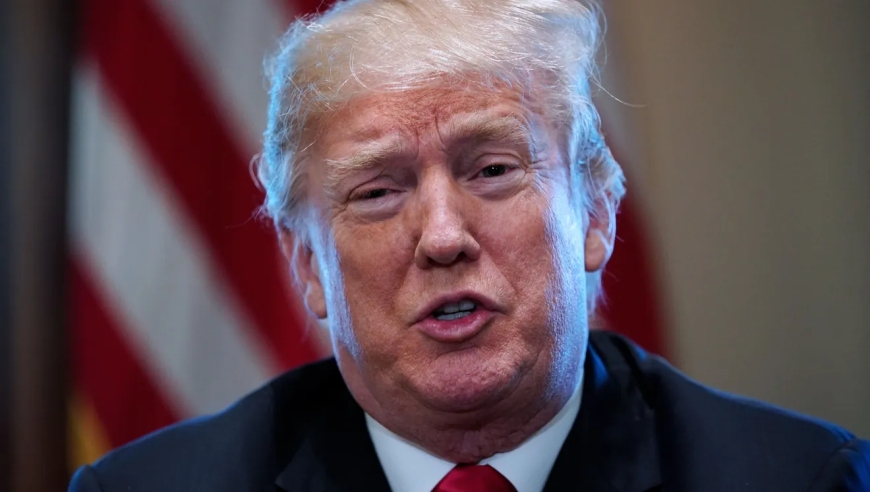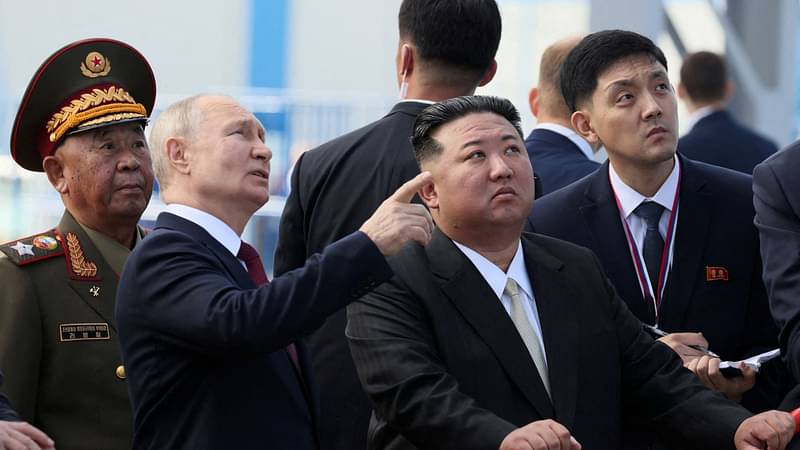President-elect Donald Trump's proposed solution to a range of national challenges – from illegal immigration to the federal deficit – is a sweeping new tariff regime targeting imports from Mexico, Canada, and China. This bold move, announced via a pair of posts on Truth Social, promises to impose a 25% tax on goods from Canada and Mexico, and an additional 10% on Chinese products, immediately upon taking office. The stated rationale? These tariffs will remain in place "until such time as Drugs, in particular Fentanyl, and all Illegal Aliens stop this Invasion of our Country!"
Trump's assertions regarding the economic benefits of these tariffs are ambitious: increased factory jobs, a shrinking federal deficit, lower food prices, and government-funded childcare. However, economists largely express skepticism, viewing tariffs as a blunt and inefficient tool for raising revenue. The concerns are particularly acute regarding Trump's latest proposals.
Carl B. Weinberg and Rubeela Farooqi of High Frequency Economics predict significant negative consequences, highlighting energy, automobiles, and food as particularly vulnerable sectors. They argue that imposing tariffs without securing alternative supply chains will immediately raise prices for imported goods, directly impacting household budgets. High Frequency Economics suggests that these tariff threats are primarily a negotiating tactic to pressure changes in border security and import practices, rather than a well-considered trade policy.
This skepticism isn't entirely new. While Vice President Kamala Harris criticized Trump's tariff threats during her presidential campaign, the Biden administration inherited and even expanded upon some of the tariffs imposed by the Trump administration on Chinese goods, including a 100% tariff on Chinese electric vehicles. This reflects a broader shift in U.S. trade policy away from the post-World War II emphasis on global free trade and lower tariffs, a shift driven in part by concerns over the loss of manufacturing jobs and the rise of a more aggressive China.
The mechanics of tariffs—essentially taxes on imports paid by American importers, not foreign countries—are often misunderstood. While Trump claims foreign countries bear the burden, the reality is that importers pass these costs onto consumers through higher prices. This is why economists consistently argue that consumers ultimately foot the bill for tariffs.
Although tariffs can inflict economic damage on foreign nations (a study by Yang Zhou at Fudan University showed Trump's tariffs on China caused over three times more damage to the Chinese economy than to the U.S.), their impact on domestic job creation is far less clear. A study by economists at MIT, the University of Zurich, Harvard, and the World Bank found that Trump's tariffs had no significant effect on U.S. employment, and even led to job losses in agriculture due to retaliatory tariffs.
Despite the mixed economic results, the study also revealed a political success: support for Trump and Republican candidates increased in regions most affected by the tariffs, primarily the industrial Midwest and manufacturing-heavy Southern states. Trump's tariff gamble, therefore, remains a complex issue with far-reaching economic and political consequences.













/https://tf-cmsv2-smithsonianmag-media.s3.amazonaws.com/filer_public/54/66/546650fa-26a4-40fd-8d6d-5a7a04540f81/rosetta2.png)
:max_bytes(150000):strip_icc():focal(999x0:1001x2)/robert-prevost-050825-1-39395418ab494da5a3a700c9478e66c8.jpg)















































format(webp))
format(webp))


























